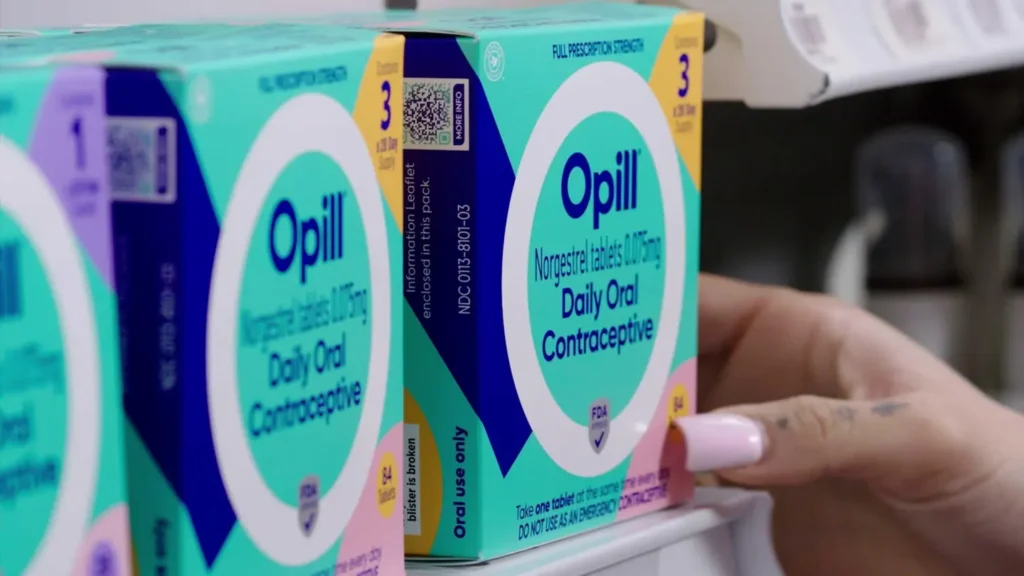Mar 4, 2024,09:40am EST
Opill, the inaugural over-the-counter birth control sanctioned for use in the U.S., is set to hit stores nationwide “in the coming weeks,” announced the manufacturer of the contraceptive on Monday. This milestone comes less than a year after the Food and Drug Administration greenlit its usage.
KEY FACTS
Perrigo, the manufacturer of Opill, disclosed that the drug will be on shelves later this month, with shipments reaching major pharmacies and retailers across the nation. Pre-orders from select locations will commence “beginning this week.”
Opill will come in one-month and three-month packs at stores, priced at $19.99 and $49.99, respectively. Additionally, the three-month pack and a six-month supply, available on Opill.com, will be priced at $89.99. The drug can be paid for or reimbursed through Flexible Spending or Health Savings Accounts, as per the release.
Forbes was informed by Perrigo that Opill will be “available in the family planning aisles at most major retailers across all 50 states.”
SURPRISING FACT
About 45% of the nation’s annual 6.1 million pregnancies are unintended, according to releases from Perrigo and the FDA.
TANGENT
CVS and Walgreens announced on Friday that they will commence selling the abortion pill mifepristone at pharmacies across select states in the coming weeks.
KEY BACKGROUND
Opill employs progestin, a synthetic form of the hormone progesterone, to avert pregnancy. Progestin-only birth control, often known as a “minipill,” lacks estrogen like combination birth control pills. Opill boasts 98% effectiveness when taken as directed. The FDA initially approved norgestrel tablets for prescription use in 1973 under the brand name Orvette, which was discontinued in 2005. The contraceptive was rebranded as Opill in 2017, gaining FDA approval for over-the-counter use in July. This broad approval followed unanimous endorsements from two advisory committees. Manufacturers must demonstrate the safety and efficacy of a drug to secure FDA approval for nonprescription use.

